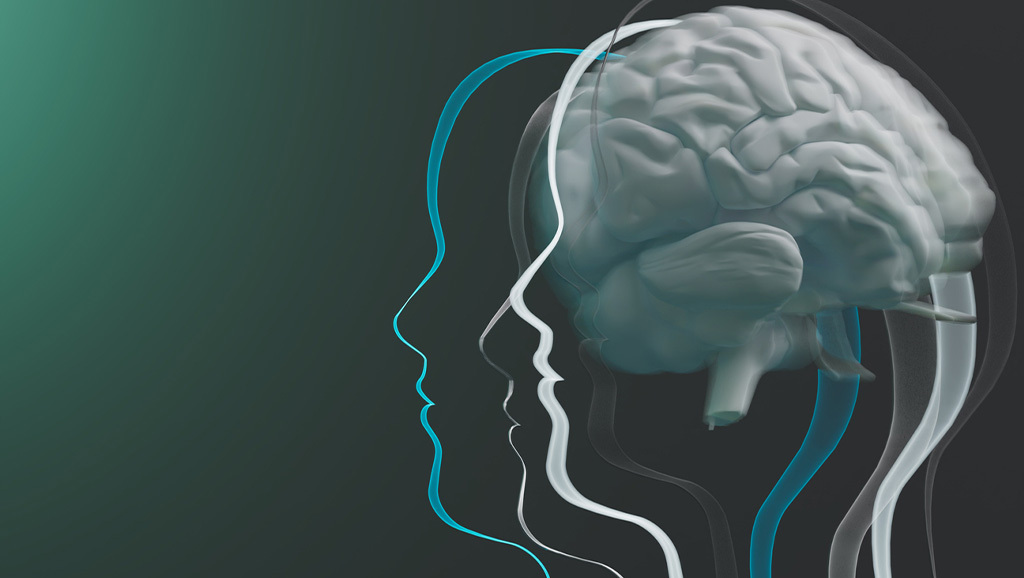News & Insights
Congressional Briefing on Breakthroughs in Addiction Research


What new insights into the brain’s reward and pain systems are helping to inform treatments for addiction and chronic pain? And how can continued federal investment and interdisciplinary collaboration accelerate breakthroughs in neuroscience, improving public health outcomes?
On May 7, the Congressional Neuroscience Caucus (CNC) convened a bipartisan briefing in Washington, D.C., to spotlight how the NIH BRAIN Initiative is transforming our understanding of addiction and brain-related illnesses. Hosted in partnership with the American Brain Coalition, the Dana Foundation, and other neuroscience professional groups and philanthropies that support brain science, the event gathered policymakers, scientists, and patient advocates to share how advanced brain technologies are reshaping treatment for chronic pain, substance use disorders, and other neurological conditions.
Opening remarks by Mark Rasenick, Ph.D., chair of the American Brain Coalition, and bipartisan CNC co-chairs Representatives Morgan Luttrell (R-TX) and Mike Thompson (D-CA), emphasized the national importance of continued federal investment in brain research and the urgent need to expand access to scientific careers and emerging treatments.
John Ngai, Ph.D., director of the NIH BRAIN Initiative, offered a broad overview of the Initiative’s goals and its interdisciplinary approach to tackling complex brain disorders. Noting that one in three Americans is affected by a neurological, neuropsychiatric, or behavioral condition, he stressed that understanding the brain’s reward system is essential to developing next-generation treatments.
The briefing’s expert panel featured:
- Nora Volkow, M.D., director of the National Institute on Drug Abuse, who spoke about how BRAIN Initiative-funded research is uncovering the architecture of neural networks involved in addiction and opening new doors for targeted interventions.
- Prasad Shirvalkar, M.D., Ph.D., a neurologist and researcher at UCSF, who presented pioneering work on chronic pain as a brain disease and how deep brain stimulation is helping patients regain quality of life.
- Edward Mowery, a study participant and chronic pain survivor, who shared his personal experience with deep brain stimulation and its life-changing effects after years of ineffective treatments.
- Paul Kenny, Ph.D., chair of neuroscience at the Icahn School of Medicine at Mount Sinai, who revealed recent findings on specific prefrontal cortex neurons that regulate opioid reward, offering promising leads for treating opioid use disorder.
The panel concluded with a Q&A session, during which speakers repeated the necessity of sustained federal investment in neuroscience and emphasized the need to scale access to emerging therapies.
Watch the full briefing below to hear from leading experts on how neuroscience is transforming our approach to addiction research and treatment. For a full summary of the event, visit the American Brain Coalition’s website.


